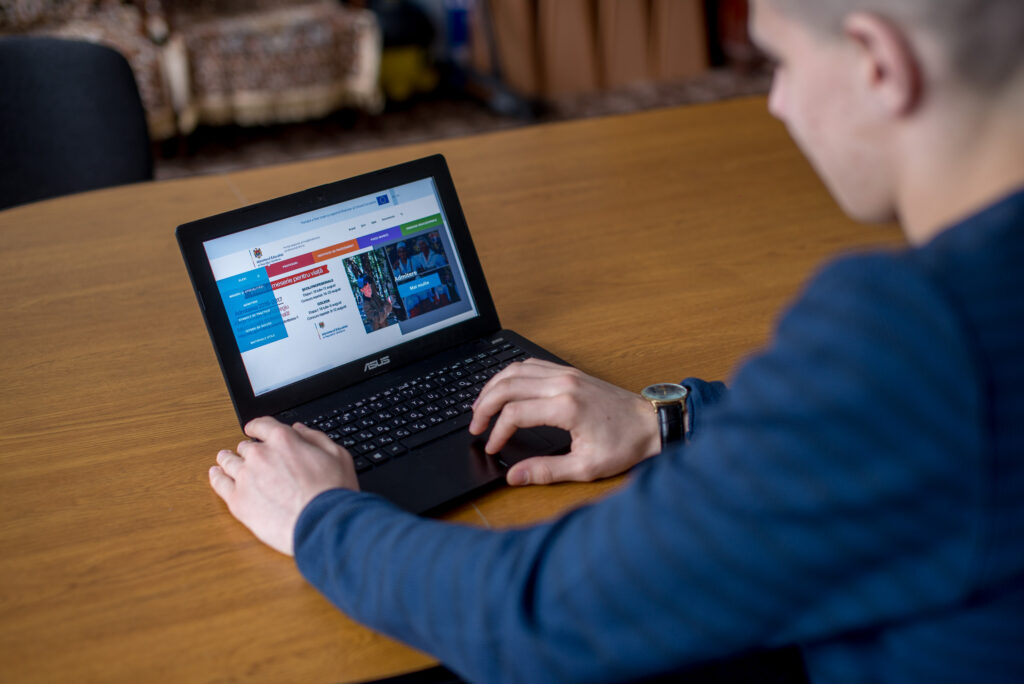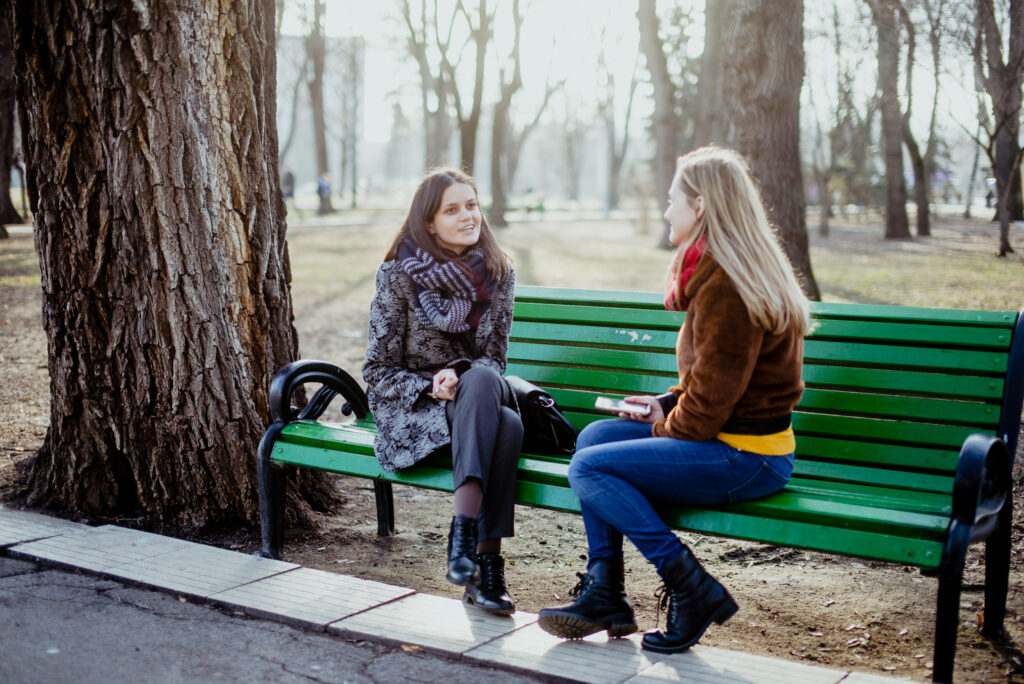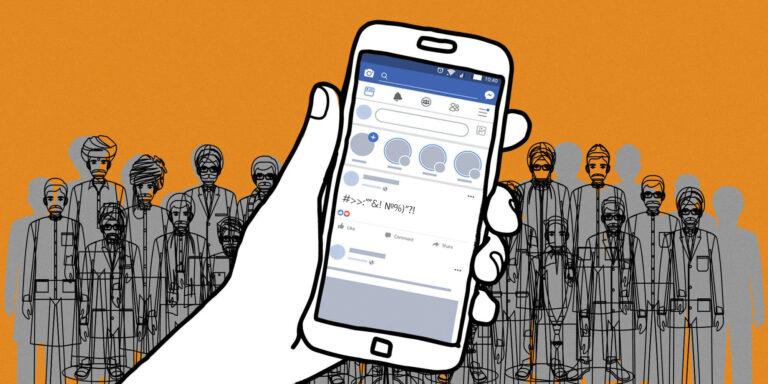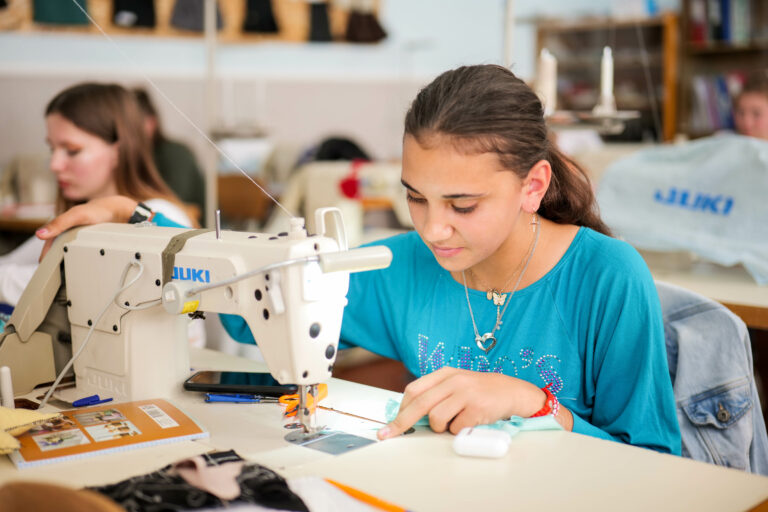
European opportunities: how the EU supports youth and education in Moldova (I)
The European Union has been increasingly present in the life of young Moldovans through a variety of opportunities offered to school and university students but also to young professionals. We are presenting below some of the most important opportunities supported by the European Union for you to learn about and know how to use them. In the first part of the story we will report on the changes through which the Moldovan vocational technical education has been going through and the experiences of two young persons who have benefited from Erasmus+ academic mobility programmes.
European Opportunities in Technical Vocational Education
Moldova has engaged in a broad reform of technical vocational education, but modernisation really took off with the passing of the seven-year Vocational Education Development Strategy (2013-2020) and of the Code of Education. To support these reforms, the European Union has provided budget support worth 25 million euros and a technical assistance project amounting to a further 5 million euros. The most important achievements include the setting up of 11 Centres of Excellence based on the most advanced colleges and vocational schools; launching major repair works to turn them into model institutions; supplying the schools with digital equipment and materials; revising and developing new curricula in accordance with the requirements of the labour market; introducing new trades and specialisations at the request of businesses; and providing intensive training to teachers to help them offer relevant and quality education to their students. An important element was the development of a specialised web portal – www.ipt.md – to inform the public about the achievements in this area of education and to provide a means of communication and exchange of information among students, teachers, businesses, and the authorities.

Iulian Alexa is a second-year Economy and IT student at the Economy and Finance Centre of Excellence (former Financial–Banking College). While still a middle-school student, Iulian took his first steps towards his own IT business, and he succeeded. His views, focused on practical learning, made him determined to continue his studies at the college. Iulian describes the recently launched portal as very useful. “If such an information resource had existed when I chose to come to college, maybe I would have taken into consideration other specialisations as well. The platform aims to guide vocational education as well and as correctly as possible. In the future, I would like the website to have connections with other institutions, so that the information is centralised,” Iulian says.
The platform has five main categories:
Students – here, one can find information about trades and specialisations, admissions, internships, and success stories;
Teachers – useful information for the teachers: methodological materials, guides, regulations;
Education institutions – the most interesting element of this category is the interactive map that includes all vocational education institutions in the country, classified into centres of excellence, colleges and vocational schools.
Labour market – here, users can find information about dual education, which combines vocational education at school with apprenticeships in a company, as well as the internships available at different companies.
Educational products – this section includes education curricula and other details about the qualification and occupational standards of respective professions.
All this information needs to be updated permanently by the representatives of education institutions and the labour market. The platform also includes the news in the area, a frequently asked questions column, and documents related to the legislative and regulatory framework.
Erasmus+ Opportunities: 22 of 31 Higher Education Institutions of Moldova have benefited from Erasmus+ projects
Cristian Cartofeanu studied System and Computer Engineering at Moldova Technical University. During his undergraduate programme, he benefited from an academic exchange at the Czech Technical University within the Erasmus+ Programme. “I found out about the Erasmus Programme from a poster on the wall in the university’s hall. Of the number of options given, I picked Prague as the main destination first of all because of the university, which is the oldest university in Central Europe,” the young man tells us. Cristian adds that the experience was great for him because he managed to learn very many new things, both at the academic and at the extracurricular levels: “In addition to the required subjects, I chose new ones that are not taught in Moldova or are not options one could choose from in my speciality. The mobility I enjoyed made me think more maturely and have higher expectations and requirements from life in my future career,” he adds.
Cristian is now pursuing a master’s programme in ‘Information Systems, IT Project Management and IT in Public Administration’ at Örebro University in Sweden.

Irina Guzun is another young person who benefited from an Erasmus+ Mobility Programme. While she was studying ‘Technology of Food Products’ at Moldova Technical University, she decided to apply for an academic exchange stipend in France. Thus, she came to study for nearly six months at the Agrocampus Ouest School in the city of Rennes. “The biggest advantage is the studying but, alongside that, you also get the chance to travel. I was mostly impressed by the seriousness of the students, as well as by how the classrooms were equipped with very expensive and sophisticated equipment and how highly qualified the teachers were. To me, the mobility was also a challenge. I exceeded my limits and left my comfort zone,” Irina tells us. Further along, the young woman wants to develop as a professional back home, in Moldova. “I would like to make use of the skills I have developed at home. I’d like Moldovan employers to give young specialists more opportunities to gain professional experience,” she says.
Erasmus+ is the European Union Programme that has been supporting actions in Education, Training, Youth and Sports in the period between 2014 and 2020. The programme aims to modernise and improve higher education in Europe and around the world. That is why it has set simplified conditions for participation and funding in order to make more opportunities available to its partner countries, including Moldova.
You can find details about the Erasmus+ opportunities in Moldova on the official page of the National Erasmus+ Office.
Author: Alina Girnet
MOST READ
SEE ALSO

No, time is not on Russia‘s side

How to open an art business in Moldova: the experience of Alexandra Mihalaș

Be one step ahead of a hacker: check simple cybersecurity tips!

How to act and move on: strategies for women facing discrimination and online harassment

‘Learning is not a process but a journey’: the example of a school in Orhei
More campaign pages:
Interested in the latest news and opportunities?
This website is managed by the EU-funded Regional Communication Programme for the Eastern Neighbourhood ('EU NEIGHBOURS east’), which complements and supports the communication of the Delegations of the European Union in the Eastern partner countries, and works under the guidance of the European Commission’s Directorate-General for Neighbourhood Policy and Enlargement Negotiations, and the European External Action Service. EU NEIGHBOURS east is implemented by a GOPA PACE-led consortium. It is part of the larger Neighbourhood Communication Programme (2020-2024) for the EU's Eastern and Southern Neighbourhood, which also includes 'EU NEIGHBOURS south’ project that runs the EU Neighbours portal.

The information on this site is subject to a Disclaimer and Protection of personal data. © European Union,







